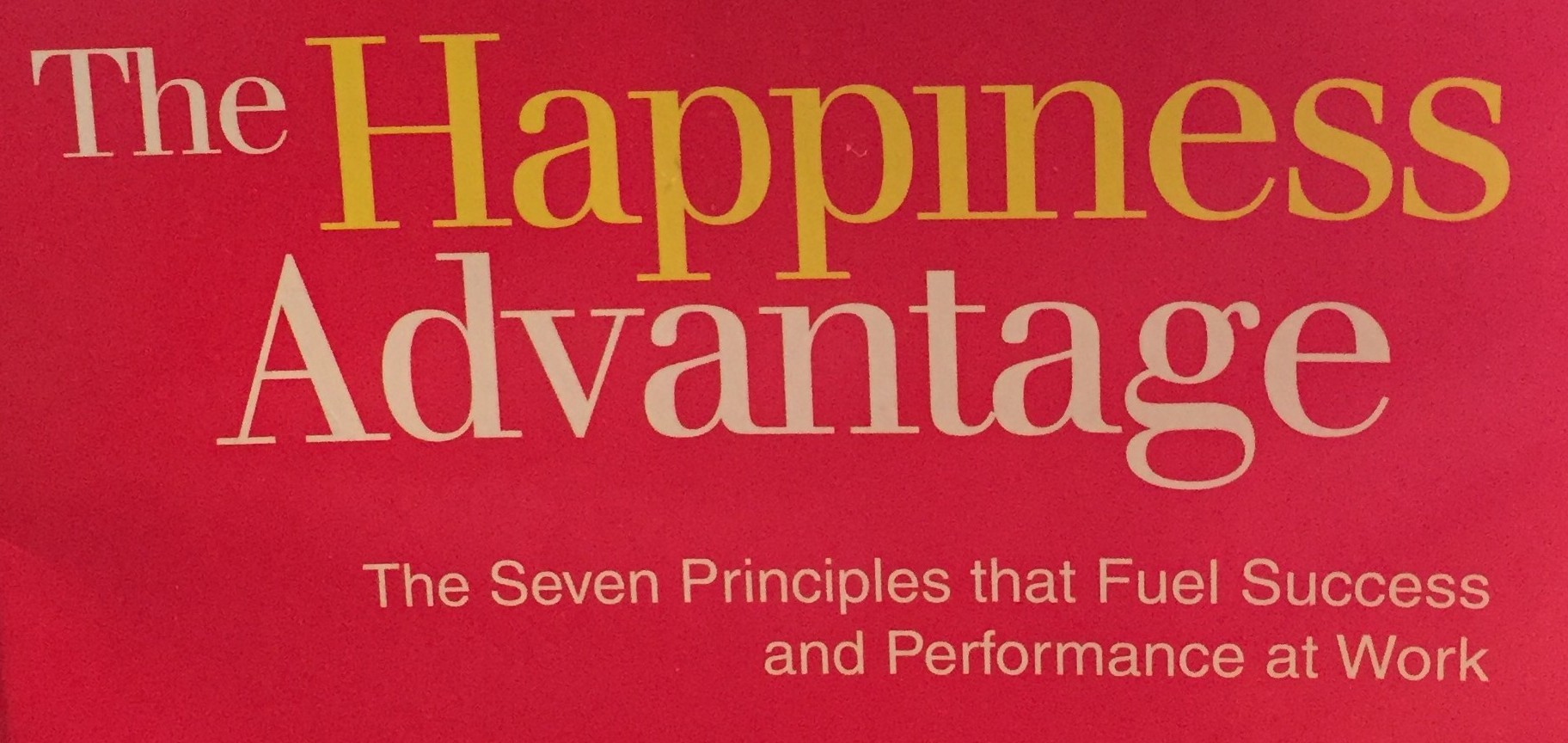
Alright aaaannnddd we're back. This was a great chapter- I think the most useful so far. We all have bad habits, and everyone I'm sure has tried to change a habit at one point in their lives. This could be at work, in relationships, in training...doesn't matter.
"Common sense is not common action." - we know we should sleep eight hours each night, but we get in the habit of late night TV and don't commit to changing that bad habit.
"As Aristotle put it, we cannot simply think or feel excellent, we must act excellently."
Achor decide to use himself as an experiment. He had previously played the guitar but hadn't picked one up in awhile. So he committed to relearning. It takes 21 days to make a new habit so he put a calendar up, squared off his 21 day period, and figured at the end he would have 21 check marks and his guitar skills would be crisp again.
Three weeks later he had four check marks and the embarrassment, as a psychologist, was deserved...."the guitar was sitting in the closet, a mere 20 seconds away, but I couldn't make myself take it out and play it. What had gone wrong?"
Barriers. Mostly mental, but sometimes physical barriers that we don't even see as obstacles. Why can't we just make ourselves change a habit? Well, historically relying on willpower has a low success rate. Why? Because willpower is only sustainable in short spurts. It gets tired..."Put another way, our willpower weakens the more we use it."
Part of the reason is because we're bombarded with options and distractions at every turn. Desert at lunch. Desert at dinner. Check my Facebook instead of pay attention in the meeting. Check my email. And so on.
So Achor had an 'ah-ha' moment: "It's not the sheer number and volume of distractions that gets us into trouble; it's the ease of access to them. Think about it. If you want to check your stocks, do you have to sit there and watch the stock ticker run through the whole alphabet? Of course no."
What if you had to sign into Facebook every time you wanted to check it? I'm guessing you'd check it a lot less frequently. I promise you I would. I'm a lazy bastard with those kinds of things. But I'm on it all the time because all I have to do is push that little button. My phone doesn't even have a passcode on it because I don't want to do anymore work than I have to to open my phone!!
So how do you change bad habits? How do you adopt new habits- hopefully good ones?
"Lower the activation energy for habits you want to adopt and raise it for habits you want to avoid."
Here's what the author did...
"I took the batteries out of the remote control, took my stopwatch, and walked the batteries exactly 20 seconds away and left them in a drawer in my bedroom. Would that be enough to cure me of my TV habit? The next few nights when I got home from work, I plopped down on the couch and pressed the 'on' button...repeatedly...forgetting that I had moved the batteries...Sure enough the energy and effort required to retrieve the batteries...was enough to do the trick. Soon I found myself reaching for a book I had purposefully placed on the couch, or the guitar that now sat on a stand right by my couch. As the days passed, the urge to watch TV waned, and the new activities became more habitual."








